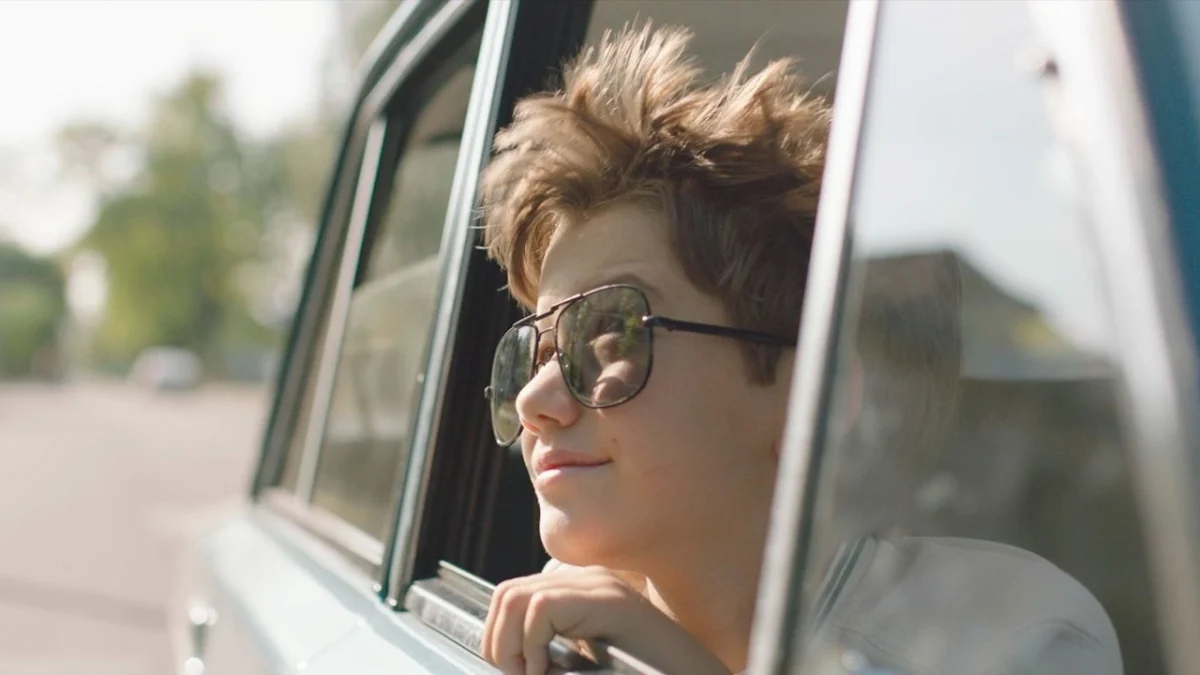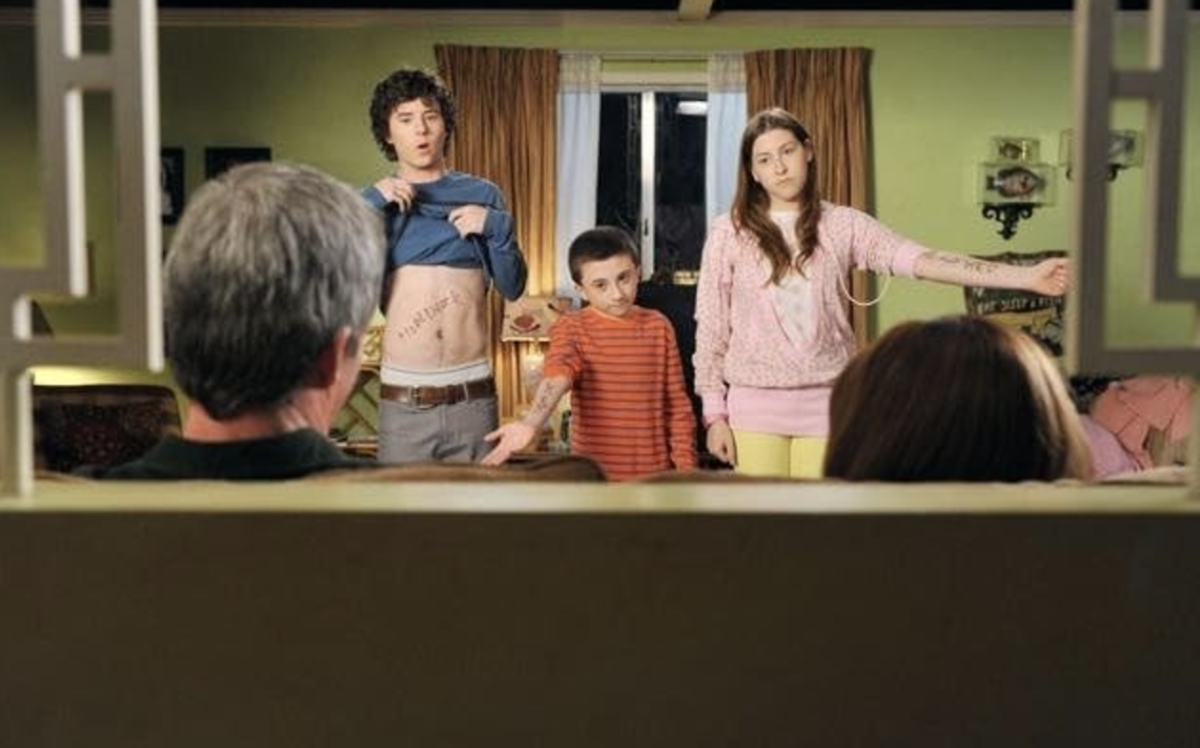On March 27, Amherst Cinema hosted a screening of “Rock.Paper.Grenade,” a Ukrainian coming-of-age film set during the post-Soviet 1990s, as part of the 31st annual Massachusetts Multicultural Film Festival. The film is based on a novel by director Iryna Tsilyk’s husband, Artem Chekh, both of whom drew inspiration from their own teenage years to tell the story. The film screening was followed by a discussion and Q&A between Tsilyk and film scholar Ivan Kozlenko which amplified the evening as a celebration of life after and amidst wartime.
The film tells the story of Tymophiy after his grandmother welcomes Felix, a PTSD-stricken, alcoholic Afghan war veteran, to live with them. Through a charming young romance, emotionally complex attempts at reconnecting with his father and an unlikely bond with Felix, the film is a clear-eyed and moving snapshot of a boy growing up in a hyper-specific time and place.
The film’s opening scene sees Felix lost in dance to Maurice Ravel’s “Boléro.” As he sways and throws his limbs around to the whimsical march, it’s clear that this is a man yearning for an escape. A toddler Tymophiy looks on in silent fascination. Right away Tsilyk brings us forward a sense of generational divide: the older man a victim of his time, haunted by the atrocities of war, and the young boy, an onlooker who can only speculate as to what life was like before his time.
The contrast between the ravages of adulthood in wartime and the innocence of youth in peacetime is perhaps best illustrated in a scene where Felix takes Tymophiy on a trip to the city docks. Wearing his trademark long, black leather jacket, Felix proceeds to show his young “grandson” a rifle that he had used in the war. Tymophiy lets slip to his mother that Felix showed him the weapon, leading to a shouting match between the two adults. To the young boy, there is nothing of concern with the demonstration, but his mother is all too familiar with the danger that such a gun poses to them all.
Scenes like this are a fantastic showcase for the lead performers. Felix is portrayed by Yuri Izdryk, a prominent writer and artist whose work is strongly associated with the postmodern, alternative literature of his home country. His looming, lanky frame lends him an unforgettable presence, particularly when acting opposite his child co-stars. Perhaps due to his newness to acting, his line delivery and facial control feel deeply real; it’s impossible to take your eyes off of him.
This focus on reality is all over “Rock.Paper.Grenade.” Tsilyk is best known for her work in documentaries, namely her 2020 film “The Earth Is As Blue as an Orange,” for which she received the directing award in the “World Cinema Documentary” category at the Sundance Film Festival. The sets and costumes of the film wonderfully balance colorful aesthetics with the scarcity of the time. Each apartment is filled with charming period-accurate appliances and trinkets, and even a tropical beach-themed wallpaper, which acts as the backdrop for the in-home makeup sales business run by Tymophiy’s mother.
Tymophiy’s longing for a new pair of sneakers, rather than his beat-up leather shoes, acts as a recurring conflict in the film. In the following Q&A, Tsilyk spoke to that constant longing for better things: “We wanted food, we wanted new sneakers and jeans and everything else that other people in the world had. But we were also hungry for these other worlds, these other windows to opportunities, and even to those wallpapers with palms.”
For Tsilyk, the film is highly personal. “Many of us had a real crisis of identity. I was a teenager, but I also really remembered the moment when I realized that I don’t know almost anything about the history and culture of my country.”
Tsilyk has undoubtedly succeeded in sharing a memorable story of Ukraine’s past, as well as bringing together notable cultural figures to tell that story from their own perspective. The film is inescapably colored by the knowledge that present-day Ukraine is still embroiled in an ongoing war with Russia. With the young Tymophiy growing up to join the Ukrainian armed forces, even the characters are unable to escape the realities of their nation. Despite dealing in emotionally fraught themes of war and familial distress, “Rock.Paper.Grenade” is a loving and charming tribute to a bygone time in the filmmakers’ home country.
Thomas Machacz can be reached at [email protected].




















